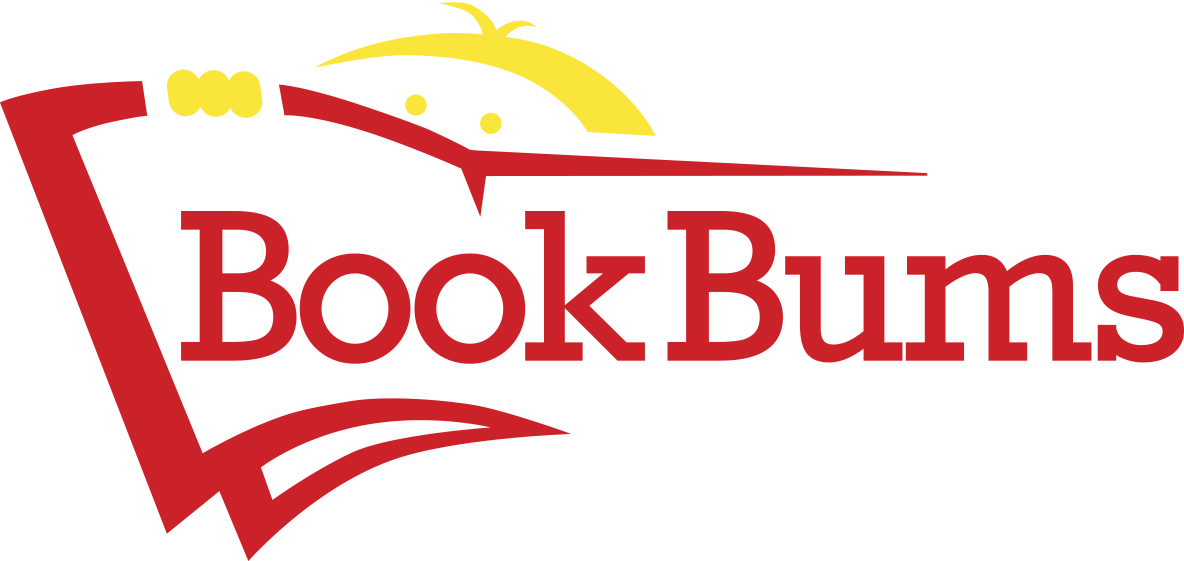
Hello Book Bums families!
Do you have a go-to book or movie for when you want to have a good cry? This week in the newsletter Dr. Christy shares some of her favorite tear-jerkers and thinks about the value of reading books with big emotions. We also get nerdy about words starting with the /w/ sound. Read to the end for information about Little Letter Learner workshops being offered this month!
Bookbums.com is an Amazon Associate; We earn from qualifying purchases. This means that if you click on a link to Amazon.com and make a purchase, We may earn a small commission at no extra cost to you. We do recommend the products. Feel free to find them by other means.
Word of the Week
impetuous (im-pech-oo-uhss) adjective/describing word - acting without thinking first
They made an impetuous decision to leave work early and take a weekend trip.
Literary Calendar
Literary Calendar
• July 4 is Alice in Wonderland Day.
• This classic tale was written in 1865 by Lewis Carroll.
• Most people are familiar with some characters and phrases from the story whether they've read the novels or not: the Mad Hatter, the Queen of Hearts shouting, "Off with her head," the Cheshire Cat, and the White Rabbit and his rabbit hole.
• Perhaps mark the day by having a silly tea party or challenging family members to answer riddles.
• If you have a reader who enjoys a literary journey through a mixed up world, consider The Phantom Tollbooth by Norton Juster or Furthermore by Taherah Mafi.
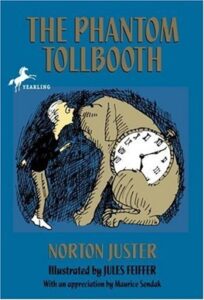
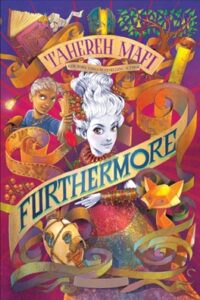
Pause for Poetry
Jabberwocky
by Lewis Carroll
’Twas brillig, and the slithy toves
Did gyre and gimble in the wabe:
All mimsy were the borogoves,
And the mome raths outgrabe.
“Beware the Jabberwock, my son!
The jaws that bite, the claws that catch!
Beware the Jubjub bird, and shun
The frumious Bandersnatch!”
He took his vorpal sword in hand;
Long time the manxome foe he sought—
So rested he by the Tumtum tree
And stood awhile in thought.
And, as in uffish thought he stood,
The Jabberwock, with eyes of flame,
Came whiffling through the tulgey wood,
And burbled as it came!
One, two! One, two! And through and through
The vorpal blade went snicker-snack!
He left it dead, and with its head
He went galumphing back.
“And hast thou slain the Jabberwock?
Come to my arms, my beamish boy!
O frabjous day! Callooh! Callay!”
He chortled in his joy.
’Twas brillig, and the slithy toves
Did gyre and gimble in the wabe:
All mimsy were the borogoves,
And the mome raths outgrabe.
*This nonsense poem comes from Through the Looking Glass. See how you can follow the story despite the many made-up words?
From our Bookshelves
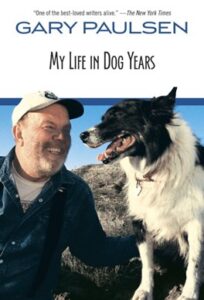
My Life in Dog Years, by Gary Paulsen, is one of the few books that has made me laugh out loud and then cry real tears. Gary Paulsen wrote Hatchet, the award-winning story about a 13-year-old boy surviving the wilderness on his own, and many other great books. (I gifted Hatchet to my boys along with a real hatchet that was used to do a lot fort building.) In My Life in Dog Years, Paulsen shares one chapter for each of the extraordinary dogs in his life. There are some mature themes because Paulsen’s parents were alcoholics, but your older elementary kids will love seeing how dogs helped the author to navigate an often-difficult childhood and an always-interesting adulthood. Who knows? This book just might pave the way into a love for nonfiction/biography.
Tips for Families
As I looked at the reviews for My Life in Dog Years, I saw that some reviewers “took away a star” because the book had some sadness. Of course you know your kids best; but as a rule, I advise parents not to shun books with big feelings, but to embrace them.
Truthfully, I wouldn’t refer to myself as a dog person. I’m certainly not anti-dog, but I’ve lived lots of my life without one, and I suppose that says something. But, oh, do I love a good dog book!
Some of you will recoil when I list some of my favorites, because you simply cannot fathom enjoying a book where the dog dies.
You know what? Dogs die. It’s sad. I agree. But children can actually learn to better navigate difficult things when they experience them through books. Kids don’t have to learn everything firsthand. They can ease into life’s certain heartbreaks with fictional characters.
I’ve heard it said that women are often better equipped to navigate tragedy. Perhaps that comes, in part, because 48% of women are readers while only 26% of men are. And many men who read do not read fiction. They’ve had fewer shared experiences with loved characters.
Hm. Maybe we’re onto something, here.
If you’re ready to show your kids that books aren’t a dull drudgery—that they can perfectly pierce our hearts while making our lives so much richer for the experience—here are some of my favorite ugly-cry-dog-books: Stone Fox, Love that Dog, Shiloh, Where the Red Fern Grows, and Racing in the Rain: My Life as a Dog.
Your kids deserve to see a loved book, instantly grab it up, and hug it to their hearts.
If they can’t do that, well . . . It’s no wonder they don’t like to read.
Do you have some favorites that fit this category? Please share them!
Tips for Readers and Writers
We’re all pretty good at explaining about c-h, t-h, and s-h (digraphs) and how those letter combinations represent unexpected sounds in written language. Well, let’s talk about w-h.
I remember days when folks said w-h says /wh/ and they made some kind of windy sound like they narrowly missed some dreadful demise, however today we pronounce the w-h in such a way that it makes no unique sound. It simply says /w/ like what or /h/ like whole. There’s no whistling, windy thing happening there.
Interestingly, LOTS of w-h words do have to do with moving air.
Think: whisk, whine, whimper, wheeze, whistle . . .
The old pronunciation kind of makes sense, right?
When you hear someone giving a whooshy sound for w-h words, they’re not wrong. They’re just retro—like Stewie. (Parental Guidance strongly suggested)
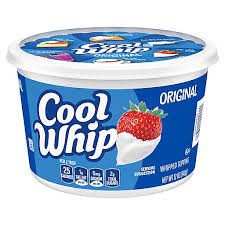
Note: The words whir and whirr are alternate spellings of the same word, and though they are pronounced in the same way as the word were, they are spelled differently and have different meanings. Whir and whirr are onomatopoeic words, words representing sounds.
The whir of the ceiling fan helped the baby to sleep more soundly.
Practical Grammar
whet vs wet
The word whet means to sharpen one’s desire for something, whereas wet refers to moisture.
An appetite is whetted, not wetted.
This book is sure to whet your appetite for traveling.
If you know someone who would benefit from our newsletter or tutoring at Book Bums, please share this email with them! Thank you.
Copyright © 2024 Book Bums, All rights reserved
Our mailing address is:
7967 Cincinnati-Dayton Road Suite L
West Chester, OH 45069

